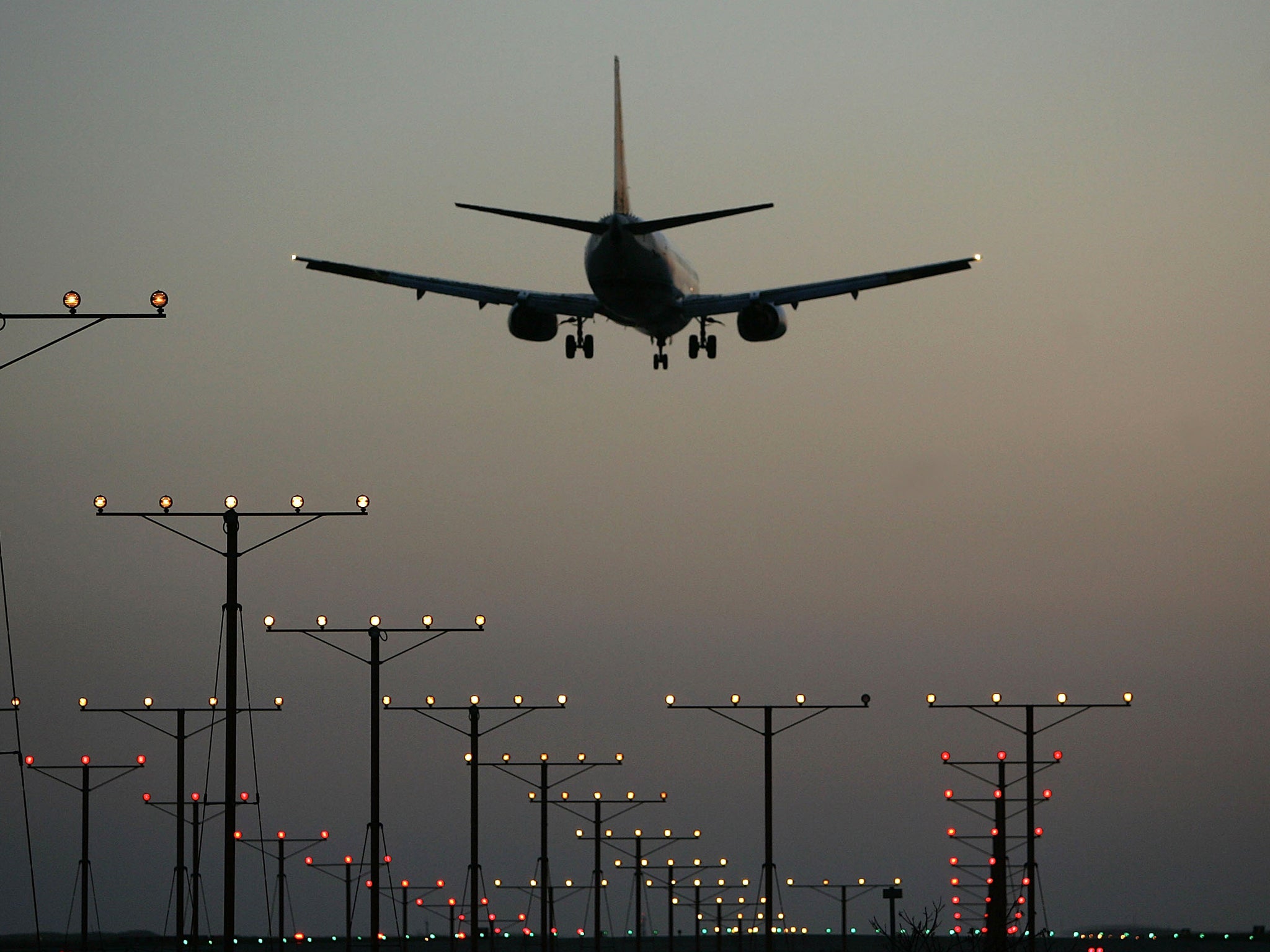UK inflation falls to 2%, reducing chance of interest rate rise
A drop in transport costs including air fares pulls down consumer prices

UK inflation eased to the Bank of England’s target of 2 per cent in May, suggesting the bank will keep interest rates on hold on Thursday as has been widely expected.
Lower travel costs, such as air fares, which fell back from their Easter highs, pulled annual inflation down from 2.1 per cent in April, as did falling car and clothing prices, the Office for National Statistics (ONS) said. Car dealerships have been slashing prices following a slump in sales over the past year.
Upward pressure on the rate came from recreation and culture, with prices of games and toys rising.
Including housing costs, consumer price inflation dipped to 1.9 per cent in the 12 months to May, from 2 per cent in April.
However, stripping out a small number of volatile items such as air fares, underlying inflation rose 0.3 per cent, according to the National Institute of Economic and Social Research (Niesr).
There is no pressure on the Bank of England to move on interest rates tomorrow,” said Tom Stevenson at Fidelity International. “The prospect of low rates for the foreseeable future, together with last week’s above-inflation increase in average earnings, means UK households should be feeling more relaxed about their financial prospects than for some time.”
Chiming with others, Mr Stevenson said the UK’s political uncertainty will keep the central bank from raising interest rates later in the year as well.
However, Samuel Tombs at Pantheon Macroeconomics added that a rate rise is likely towards the end of the year, provided a no-deal Brexit is averted.
In a separate release, the ONS said producer input prices rose only 1.3 per cent in May, compared with a 4.5 per cent increase in April, pointing to little upward pressure on consumer price inflation in coming months.
The ONS also said average house prices in the UK increased by 1.4 per cent in the year to April, slowing from 1.6 per cent growth in March. In London, house prices continued to fall.
Subscribe to Independent Premium to bookmark this article
Want to bookmark your favourite articles and stories to read or reference later? Start your Independent Premium subscription today.

Join our commenting forum
Join thought-provoking conversations, follow other Independent readers and see their replies